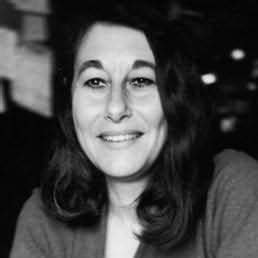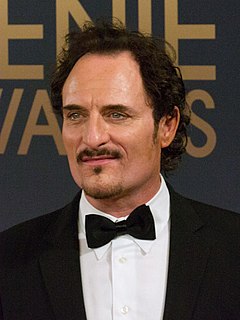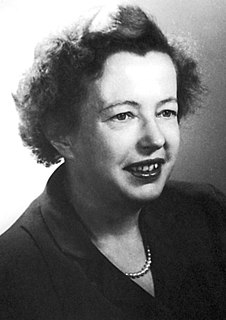A Quote by Karen Thompson Walker
I like to edit my sentences as I write them. I rearrange a sentence many times before moving on to the next one. For me, that editing process feels like a form of play, like a puzzle that needs solving, and it's one of the most satisfying parts of writing.
Related Quotes
One thing I'd do was put a great writer's book beside the typewriter and... type out a beautiful and moving paragraph... and see those sentences rising up... and... think, 'Someday maybe I can write like that....' It was like a dream of possibilities for my own self. And maybe I began to know that there was no other way for the sentence... to... arouse the same feeling. The someone writing whose words were rising from the typewriter became like a mentor for me.... You shouldn't do it more than a few times because you must get on with your own work.
There's a marvelous sense of mastery that comes with writing a sentence that sounds exactly as you want it to. It's like trying to write a song, making tiny tweaks, reading it out loud, shifting things to make it sound a certain way... Sometimes it feels like digging out of a hole, but sometimes it feels like flying. When it's working and the rhythm's there, it does feel like magic to me.
I edit as I go. Especially when I go to commit it to paper. I prefer a typewriter even to a computer. I don't like it. There's no noise on the computer. I like a typewriter because I am such a slow typist. I edit as I am committing it to paper. I like to see the words before me and I go, "Yeah, that's it." They appear before me and they fit. I don't usually take large parts out. If I get stuck early in a song, I take it as a sign that I might be writing the chorus and don't know it. Sometimes,you gotta step back a little bit and take a look at what you're doing.
For the most part, my characters don't talk to me. I like to lord over them like some kind of benevolent deity. And, for the most part, my characters go along with it. I write intense character sketches and long, play-like conversations between me and them, but they stay out of the book writing itself.
It's not like I don't want to play the guy next door. But sometimes they're not the best written or the most complicated. But I am very, very particular about my bad boys. There are certain types of characters I will not play. I've said no so many times to so many parts that are just way too dark. You have to be careful.
Writing is linear and sequential; Sentence B must follow Sentence A, and Sentence C must follow Sentence B, and eventually you get to Sentence Z. The hard part of writing isn't the writing; it's the thinking. You can solve most of your writing problems if you stop after every sentence and ask: What does the reader need to know next?







































